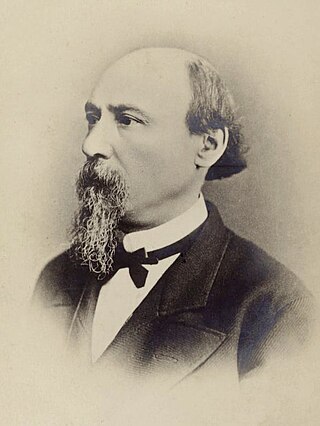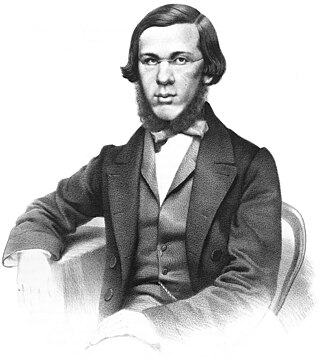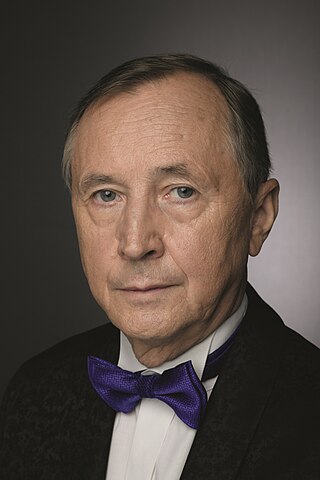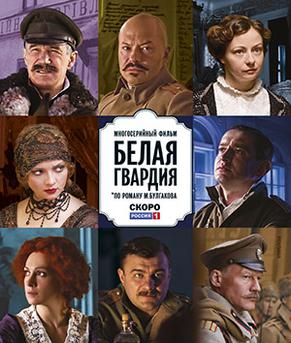
Nikolay Alexeyevich Nekrasov was a Russian poet, writer, critic and publisher, whose deeply compassionate poems about the Russian peasantry made him a hero of liberal and radical circles in the Russian intelligentsia of the mid-nineteenth century, particularly as represented by Vissarion Belinsky and Nikolay Chernyshevsky. He is credited with introducing into Russian poetry ternary meters and the technique of dramatic monologue. As the editor of several literary journals, notably Sovremennik, Nekrasov was also singularly successful and influential.

Taras Hryhorovych Shevchenko was a Ukrainian poet, writer, artist, public and political figure, folklorist and ethnographer. He was a fellow of the Imperial Academy of Arts and a member of the Brotherhood of Saints Cyril and Methodius. He wrote poetry in Ukrainian and prose in Russian.

Peredvizhniki, often called The Wanderers or The Itinerants in English, were a group of Russian realist artists who formed an artists' cooperative in protest of academic restrictions; it evolved into the Society for Travelling Art Exhibitions in 1870.

Nikolay Alexandrovich Dobrolyubov was a Russian poet, literary critic, journalist, and prominent figure of the Russian revolutionary movement. He was a literary hero to both Karl Marx and Lenin.

Aleksey Nikolayevich Pleshcheyev was a radical Russian poet of the 19th century, once a member of the Petrashevsky Circle.

Sovremennik was a Russian literary, social and political magazine, published in Saint Petersburg in 1836–1866. It came out four times a year in 1836–1843 and once a month after that. The magazine published poetry, prose, critical, historical, ethnographic and other material.

Nikolai Petrovich Burlyayev is a Soviet and Russian actor and film director. Born into a family of actors, Burlyayev started his career in film and theatre when he was still a child. He is best known for his title role in Andrei Tarkovsky's Ivan's Childhood. He worked with Tarkovsky again four years later, as Boriska in Andrei Rublev.

The Russian census identified that there were more than 5,864,000 Ukrainians living in Russia in 2015, representing over 4.01% of the total population of the Russian Federation and comprising the eighth-largest ethnic group. On 2022 February there were roughly 2.8 million Ukrainians who fled to Russia.

The White Guard is a Russian television series that based on Mikhail Bulgakov's novel, The White Guard.

The Second National Art Exhibition "Soviet Russia" was one of the largest Soviet art exhibitions of the 1960s. The exhibition took place in Manezh Exhibition Hall.

The Fall of the Empire is a Russian TV miniseries in ten episodes directed by Vladimir Khotinenko, broadcast in March 2005.

Mikhail Artemyevich Kuznetsov was a Soviet film and theater actor. He was an Honored Artist of the Ukrainian SSR (1955), People's Artist of the RSFSR (1964), and the winner of the Stalin Prize of the first degree (1952).
An index of articles related to the Russian Revolution and the Russian Civil War period (1905–1922). It covers articles on topics, events, and persons related to the revolutionary era, from the 1905 Russian Revolution until the end of the Russian Civil War. The See also section includes other lists related to Revolutionary Russia and the Soviet Union, including an index of articles about the Soviet Union (1922–1991) which is the next article in this series, and Bibliography of the Russian Revolution and Civil War.

Ivan Lvovych Lypa (Ukrainian: Іван Львович Липа; February 24, 1865, Kerch – November 13, 1923, Lviv was a Ukrainian physician and politician who served as Ukrainian minister of Religious Affairs. He is a father of another Ukrainian political leader and physician Yurii Lypa.













